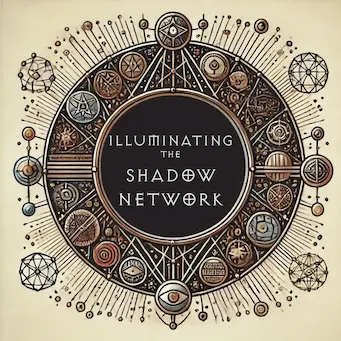Chris Stanley
Role: contributor
Position: Director, Functional Government Initiative (FGI)
Background:
Chris Stanley is a seasoned public policy professional with over 20 years of experience in Washington, D.C. He has held various senior legislative roles in both the U.S. House and Senate, where he developed a deep understanding of the inner workings of Congress and the federal government. Before founding the Functional Government Initiative (FGI), Stanley led the congressional and intergovernmental affairs team at the U.S. Census Bureau, particularly during the critical 2020 Census. His extensive experience in government and policy-making equips him with the skills necessary to lead FGI in its mission to enhance transparency and accountability in government operations.
Relation to Trump:
Chris Stanley’s career intersects with the Trump administration through his role at the Census Bureau, where he was a key figure in managing congressional relations during Trump’s presidency. His leadership at FGI, a watchdog organization dedicated to exposing government inefficiencies and promoting transparency, aligns with broader conservative efforts to scrutinize federal government activities, a common theme during and after the Trump era.
Scandals or Controversies:
While Chris Stanley himself has not been embroiled in scandals, the Functional Government Initiative has been active in filing lawsuits aimed at increasing government transparency. These lawsuits, often directed at federal agencies like the DOJ and EPA, are part of FGI’s efforts to expose potential misconduct and inefficiencies within the government, sometimes drawing controversy for their aggressive stance.
Potential Concerns:
Stanley’s role in leading FGI, an organization that aggressively pursues government transparency through Freedom of Information Act (FOIA) requests and lawsuits, has raised concerns among those who argue that such tactics can be used for partisan purposes. While FGI is officially nonpartisan, its activities have been closely watched for their potential to influence public opinion and policy-making.


